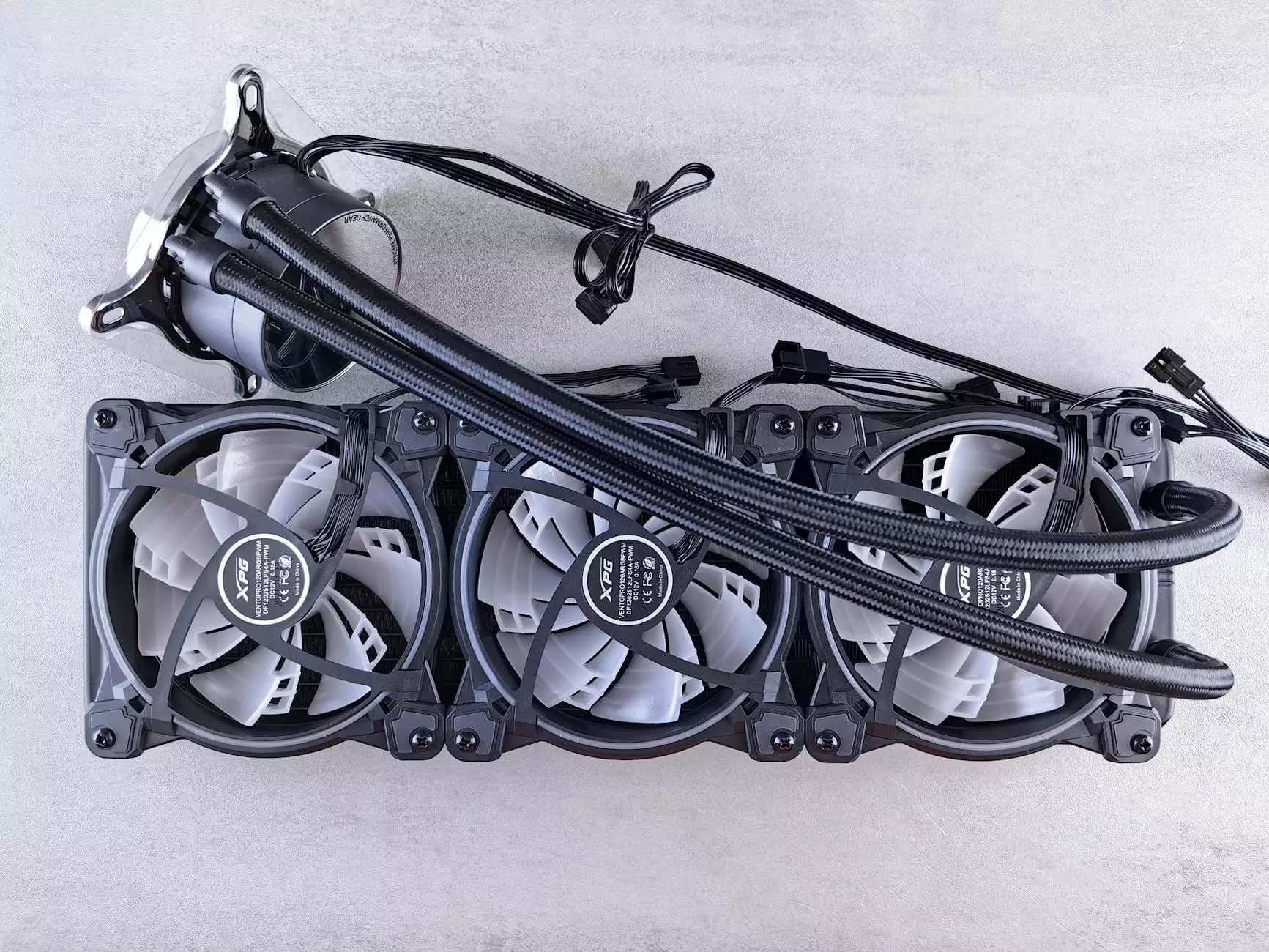Understanding the **Vein Pump**: A Vital Component in Auto and Farm Equipment Repair

The evolution of machinery and engineered systems has significantly accelerated the efficiency and functionality of various industries. Among the many components that contribute to this advancement, the vein pump stands out as a critical element that enhances performance and reliability. In this article, we delve deep into the world of vein pumps, exploring their functionality, benefits, and essential roles in auto repair, farm equipment repair, and structural engineering.
The Basics of Vein Pumps
A vein pump is a specialized type of pump designed for transferring fluids with a specific focus on achieving maximum efficiency and minimal mechanical failure. Unlike traditional pumps, vein pumps utilize a unique mechanism that allows them to function effectively under varying pressures and flow rates. This adaptability makes them invaluable in industries where precise fluid management is crucial.
How Do Vein Pumps Work?
The operation of a vein pump is relatively straightforward yet ingenious. At its core, it consists of a rotor and a series of veins that extend and retract as the rotor spins. When these veins extend, they create a vacuum that draws fluid into the pump chamber. As the rotor continues to turn, the veins retract, forcing the fluid out of the chamber. This efficient cycle allows for a steady and controlled flow of fluid, even in challenging conditions.
Importance of Vein Pumps in Auto Repair
In the realm of auto repair, vein pumps play a crucial role in a vehicle's hydraulic systems, including brake systems and power steering. Their ability to maintain consistent fluid pressures ensures that these systems operate smoothly, enhancing both safety and performance.
Key Benefits of Vein Pumps in Auto Repair
- High Efficiency: The design of vein pumps allows them to operate at high efficiencies, translating to better performance for hydraulic systems in cars.
- Durability: With fewer moving parts compared to other types of pumps, vein pumps often demonstrate greater longevity and reduced maintenance needs.
- Consistent Pressure: They maintain stable output pressures, critical for systems like brakes, ensuring responsive and reliable operation.
- Adaptability: Vein pumps can adjust to varying demands, making them suitable for a wide range of automotive applications.
Application of Vein Pumps in Farm Equipment Repair
Farm equipment relies heavily on hydraulic systems for operations such as lifting, steering, and driving machinery. Vein pumps serve as essential components in many agricultural machines, optimizing their performance and productivity.
How Vein Pumps Enhance Farm Equipment Reliability
When addressing the needs of farm equipment, vein pumps provide specific advantages that contribute to smoother operations:
- Efficient Fluid Transfer: The ability of vein pumps to handle different fluid types and viscosities enhances their utility in agricultural settings.
- Improved Load Handling: Their robust design allows them to efficiently manage the heavy loads often encountered in farm operations.
- Minimized Downtime: The reliability of vein pumps reduces the likelihood of equipment failure, allowing farmers to focus on productivity rather than repairs.
- Cost-Effectiveness: By lowering maintenance costs and increasing equipment longevity, vein pumps provide an excellent return on investment for farm operators.
The Role of Vein Pumps in Structural Engineering
Structural engineers often utilize vein pumps in various applications, such as concrete pumping and hydraulic lift systems. Ensuring that fluids are moved efficiently is a crucial aspect of construction and infrastructure development. The precision and reliability offered by vein pumps make them a preferred option in this field.
Benefits of Utilizing Vein Pumps in Structural Engineering
- Precision Control: Vein pumps allow structural engineers to control the flow of materials accurately, essential for maintaining project specifications.
- Reduced Environmental Impact: The efficient use of fluids reduces waste, promoting more sustainable construction practices.
- Safety Enhancements: With reliable fluid management, the risk of system failures is minimized, enhancing workplace safety.
- Compatibility: Vein pumps can be integrated easily into existing systems, making them versatile solutions for various engineering projects.
Maintenance Tips for Vein Pumps
To ensure that vein pumps operate at peak performance, regular maintenance is essential. Here are some maintenance tips for businesses:
- Regular Inspections: Conduct routine checks for wear and tear on the pump components to catch issues early.
- Fluid Quality Monitoring: Ensure that the fluids being used are of high quality and compatible with the pump specifications.
- Lubrication: Keep all moving parts properly lubricated to reduce friction and wear over time.
- Cleanliness: Maintain cleanliness around the pump and in the fluid lines to prevent contamination.
The Future of Vein Pumps
The future of vein pumps looks promising as technology continues to advance. Innovations in materials and pump design are likely to improve efficiency further, making them more adaptable and reliable across various industries.
Emerging Trends and Technologies
As industries evolve, so do the technologies that support them. Here are a few trends to watch for in the vein pump sector:
- Smart Pump Technology: The integration of IoT sensors in pumps could provide real-time data and analytics, enhancing monitoring and maintenance.
- Eco-Friendly Alternatives: The development of sustainable materials and processes for manufacturing vein pumps is anticipated, reducing their environmental impact.
- 3D Printing: The potential for 3D printing to customize parts could lead to improved designs and quicker production times for replacement components.
Conclusion
In conclusion, the vein pump is an indispensable component in the fields of auto repair, farm equipment repair, and structural engineering. Its unique design, efficiency, and adaptability significantly contribute to the performance of various systems. As industries continue to innovate, the role of vein pumps will only expand, cementing their status as vital engineering components. Businesses like Michael Smith Engineers are at the forefront of delivering quality repair services that incorporate advanced technologies, ensuring that clients receive the best solutions for their operations. Embracing the benefits of vein pumps today will pave the way for a more efficient and productive tomorrow.









